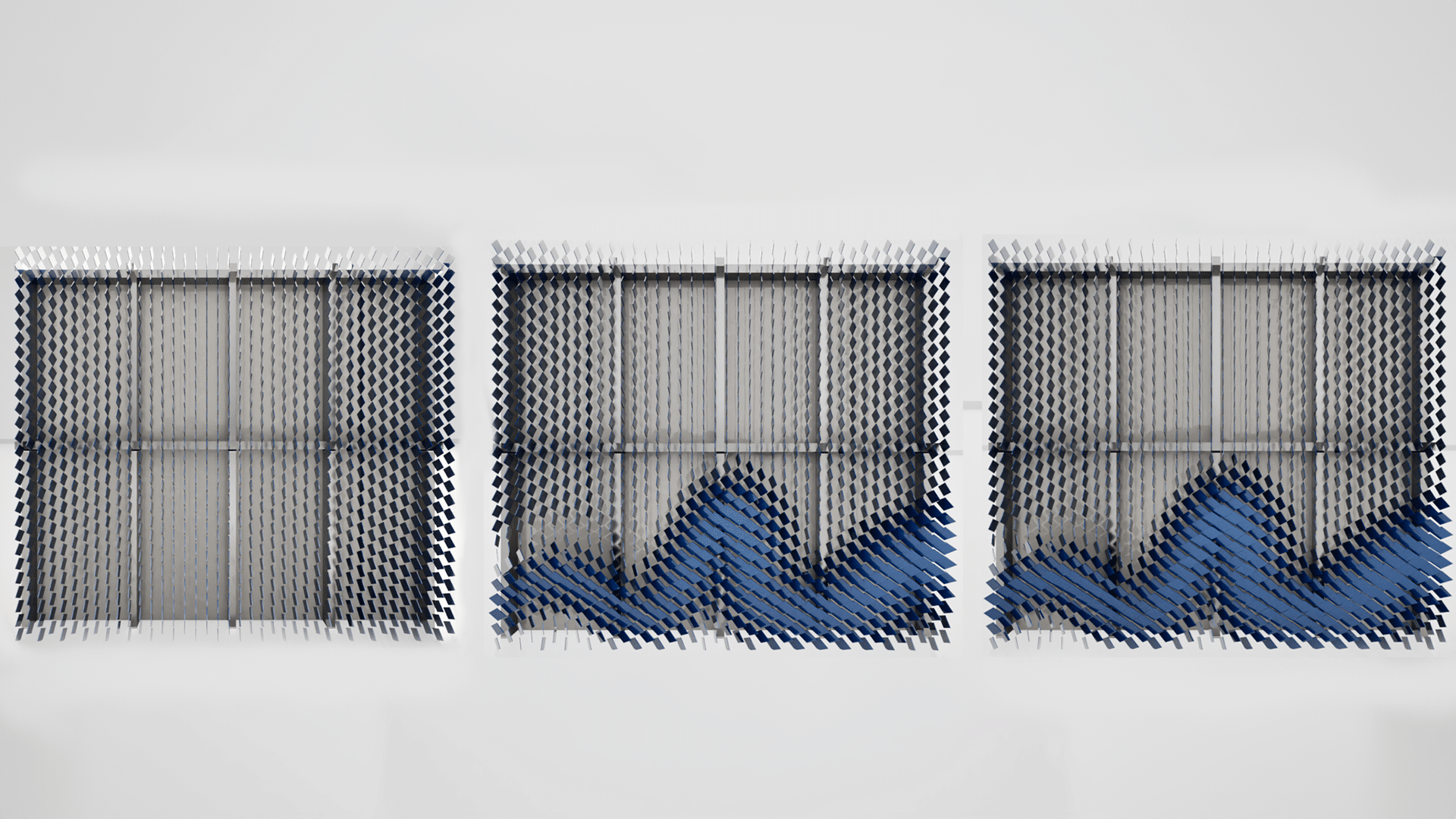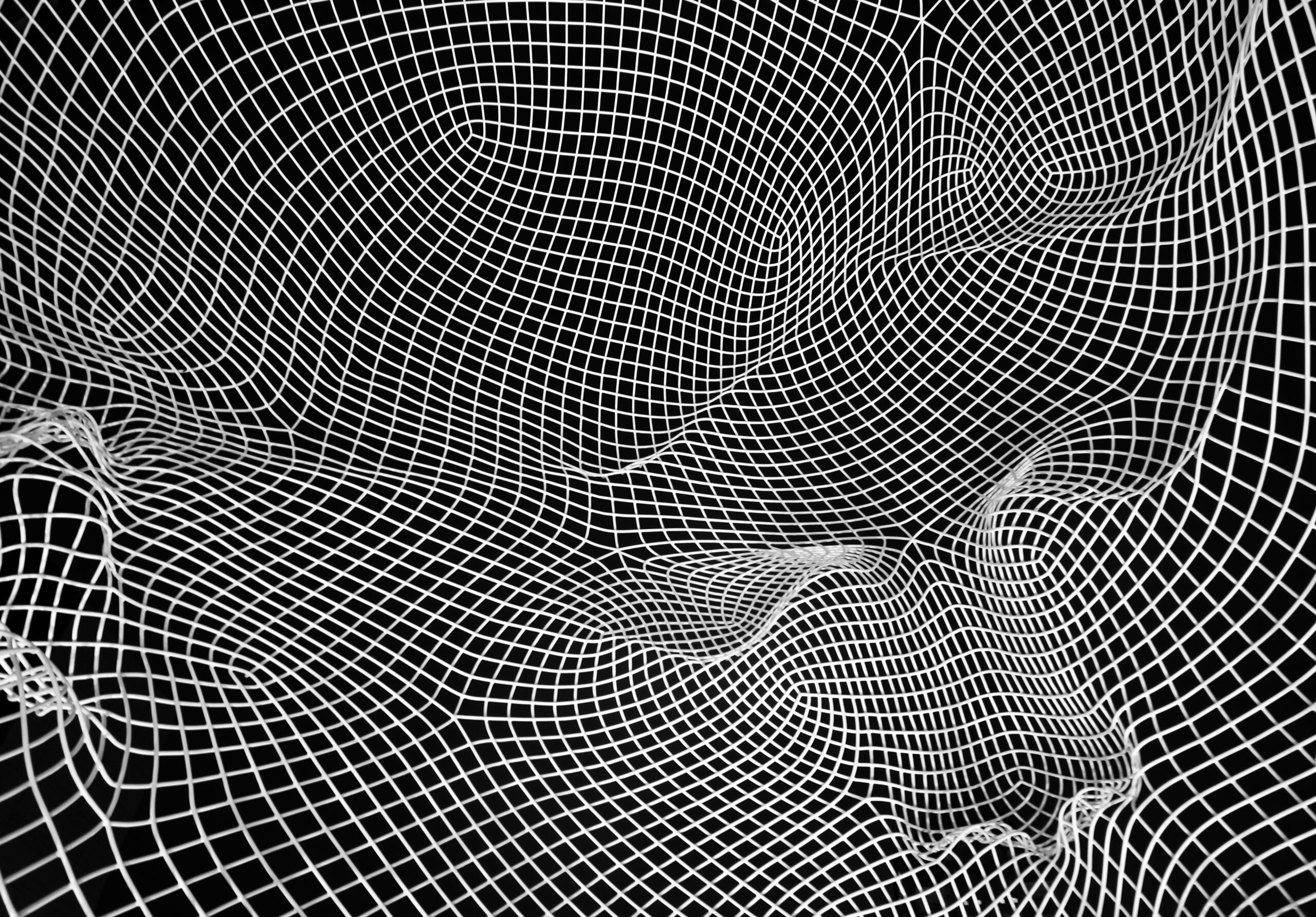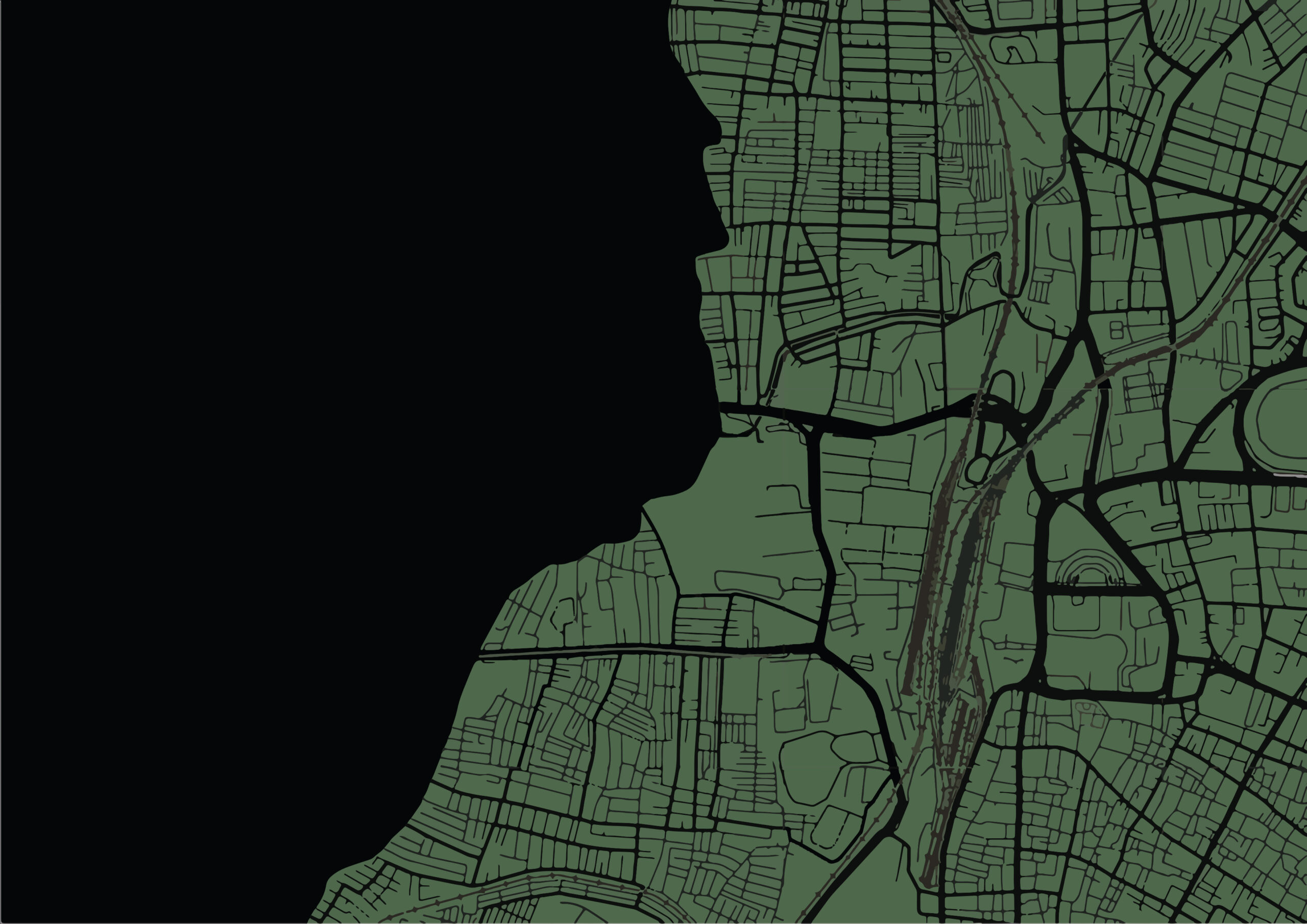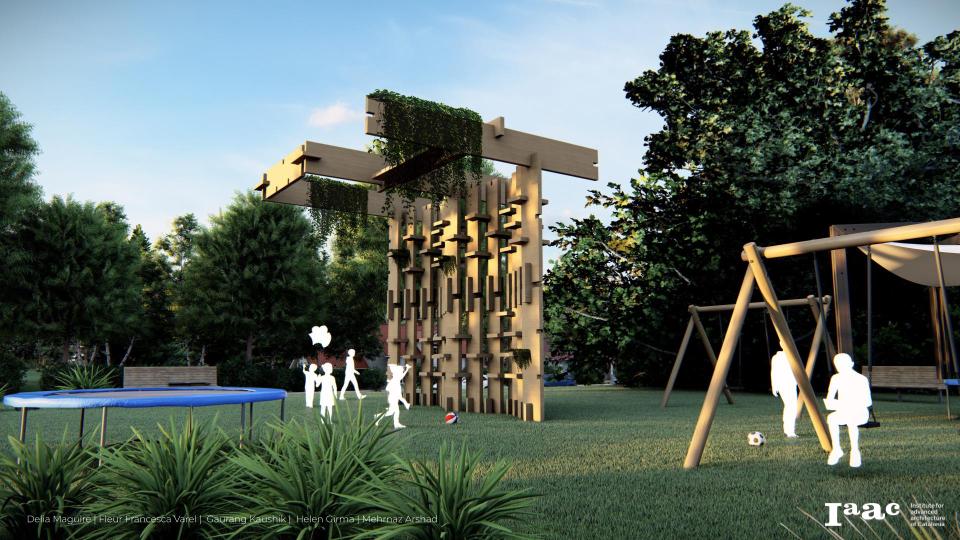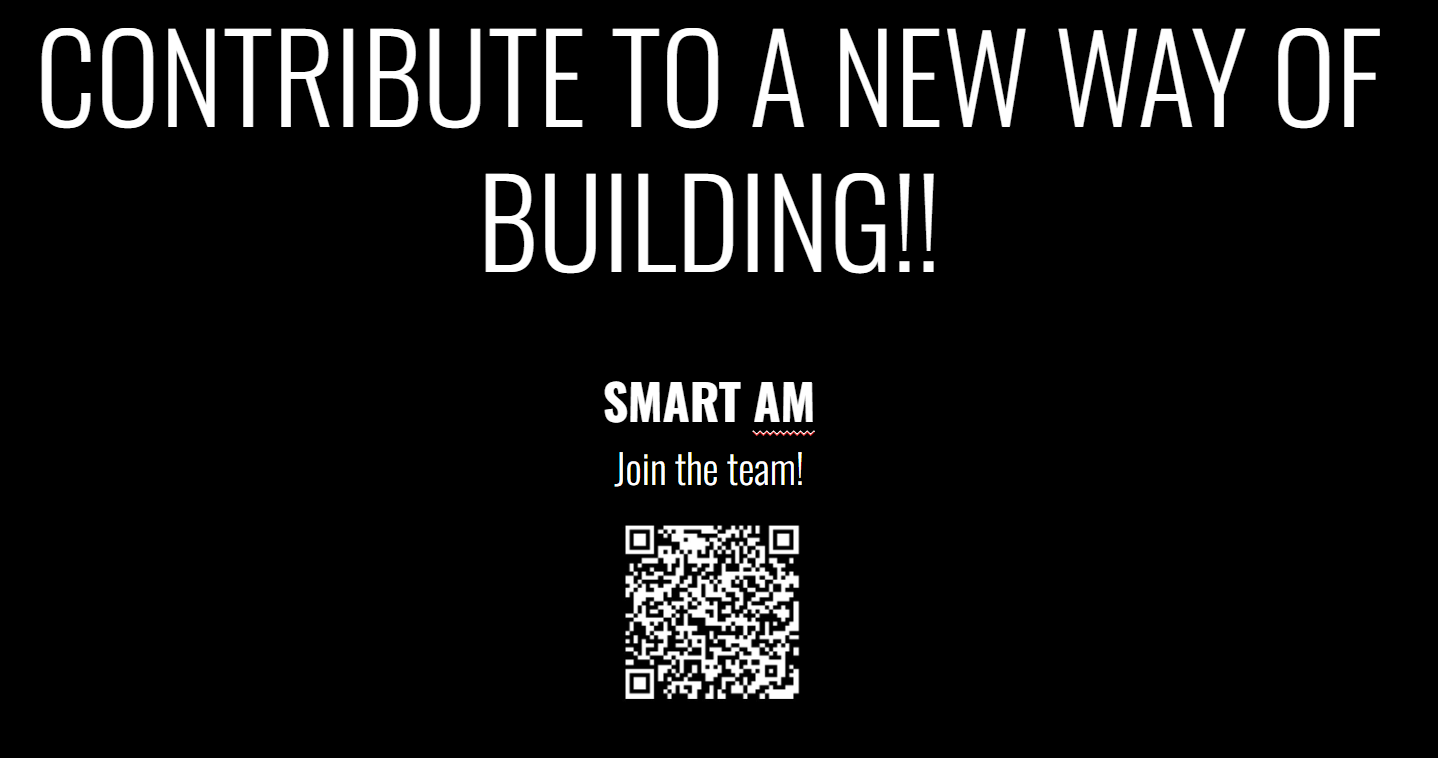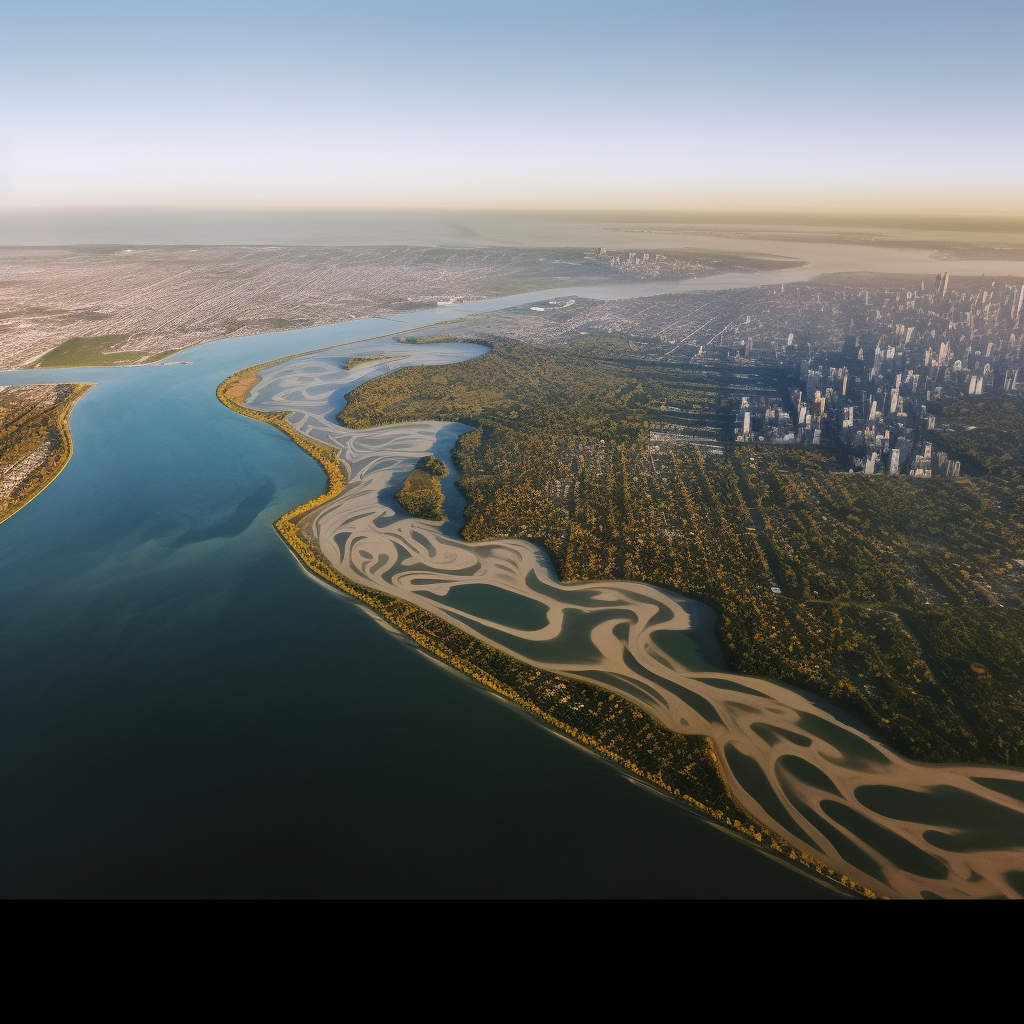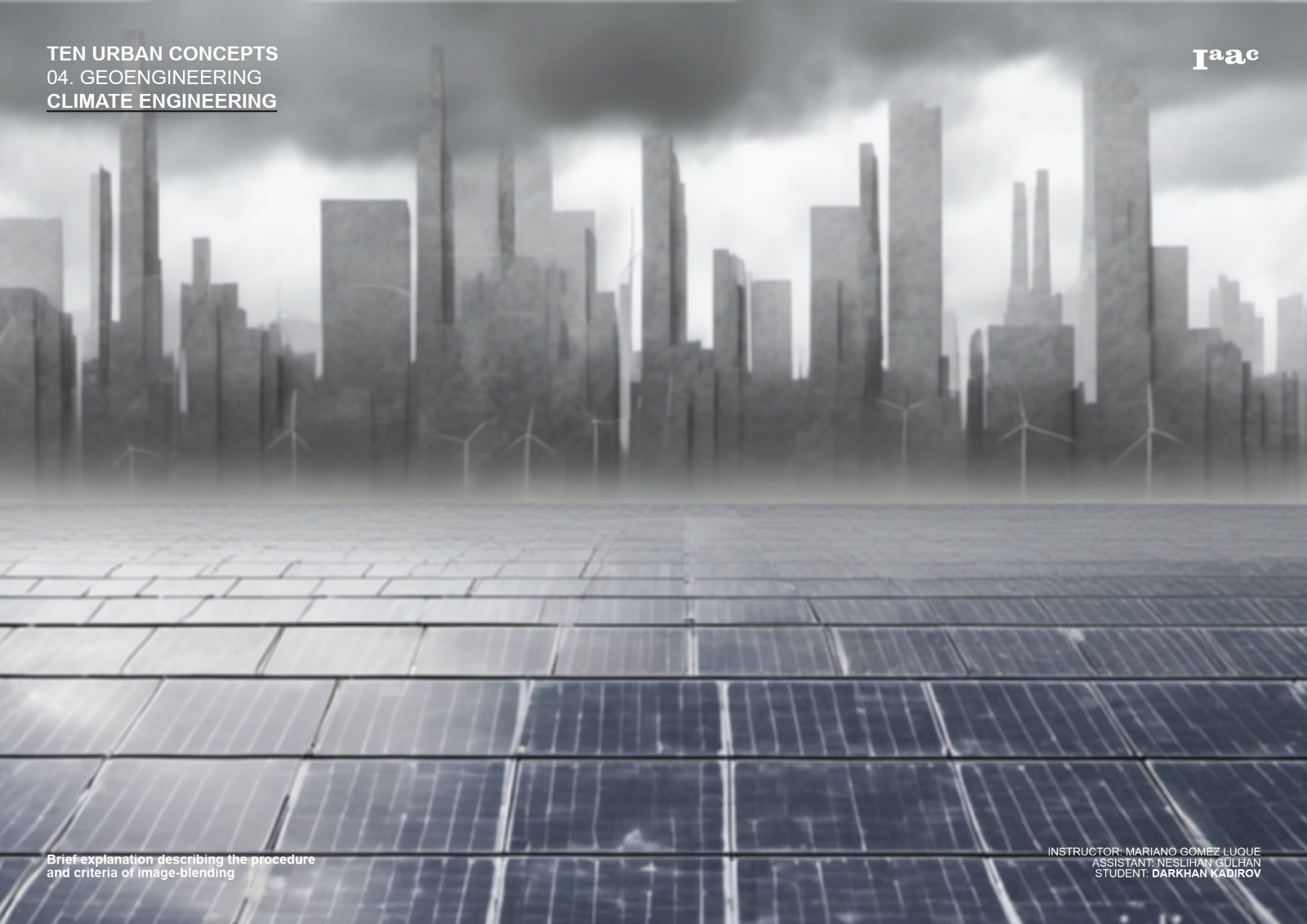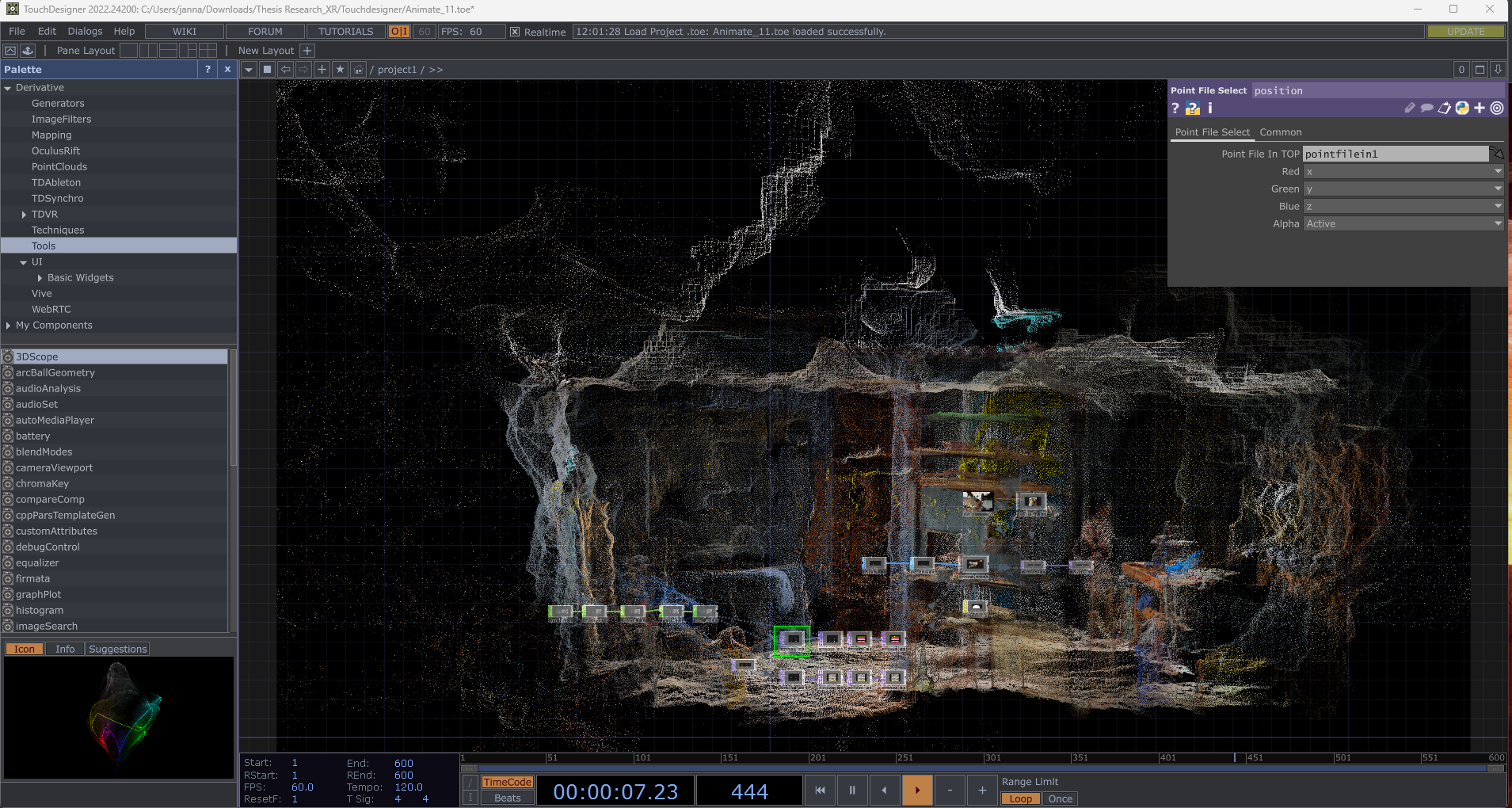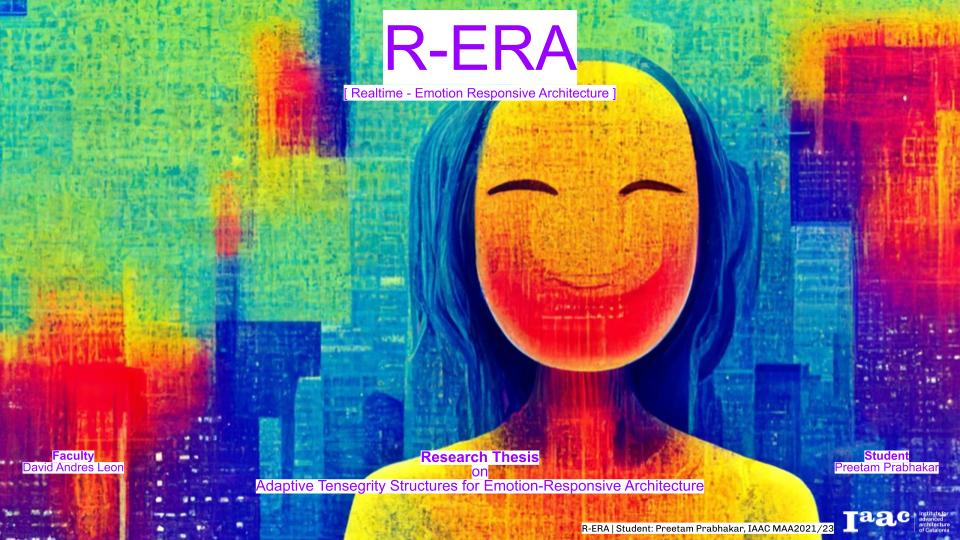TOO BRIGHT!
CONCEPT Creating a dynamic relationship between the building and its environment A responsive façade design inspired by the concept of living architecture The geometric logic and panel behavior were first modeled in Grasshopper, where the movement angles and facade modules were tested digitally. Then, through Arduino’s control, this virtual logic was physically prototyped turning environmental … Read more

